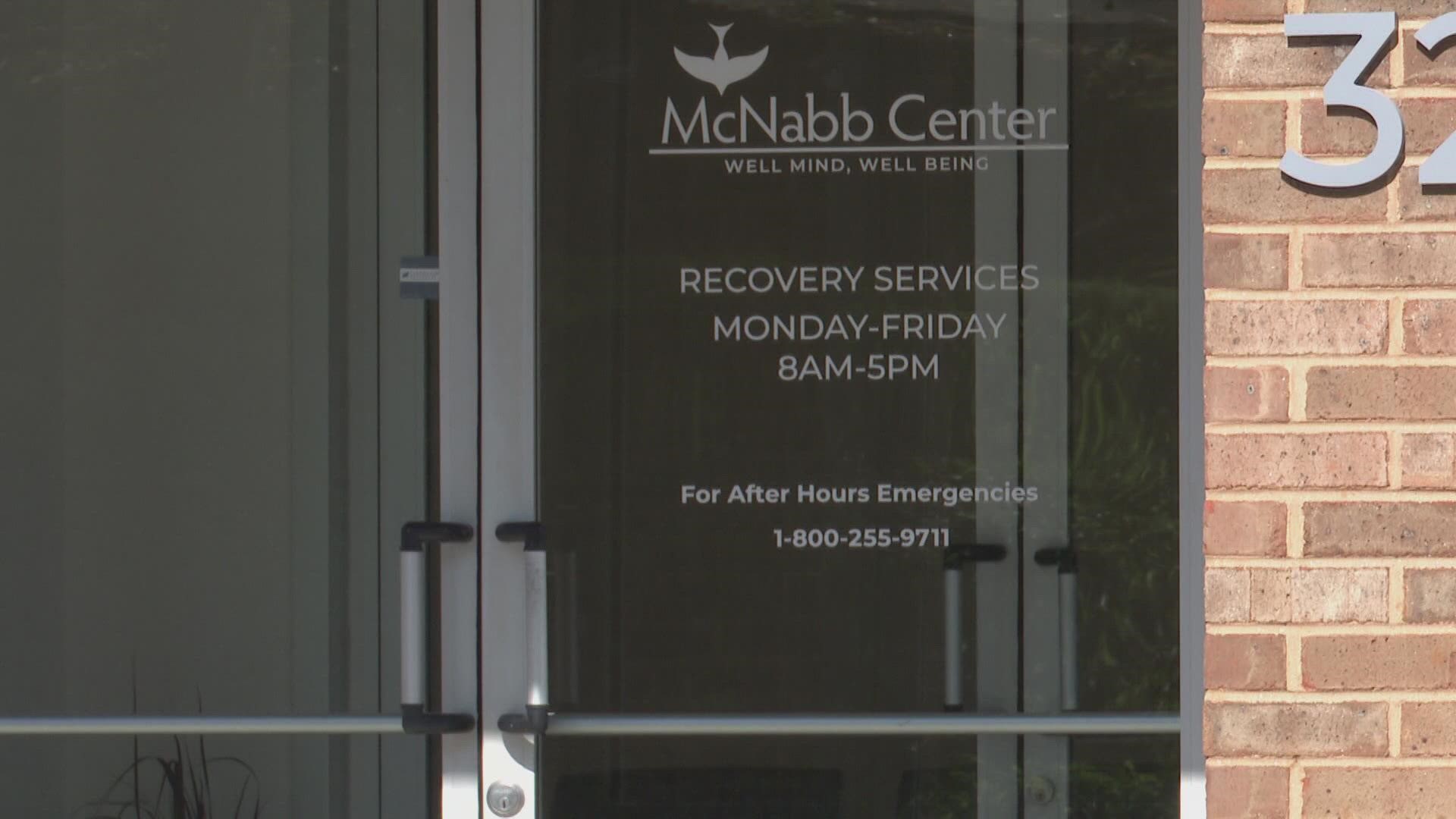KNOX COUNTY, Tenn. — President Joe Biden signed the widest-ranging gun violence bill Congress has passed in decades on Saturday.
A point of focus in the gun violence bill is something called the "boyfriend loophole."
This loophole has to do with whether or not certain domestic abusers can have guns.
Prior to this bill, domestic abusers were banned from having guns only if they were married to, living with, or shared a child with their partner. Abusers in intimate relationships outside of these criteria could still own a gun. This was called the "boyfriend loophole."
"Unfortunately, it happens all too often," the Director of Victim Services at the McNabb Center Catherine Oaks said. "There's a lot of different categories that it can fall within. But really, the primary thing that you're looking at is power and control."
Victims of intimate partner violence experience things like emotional, verbal, physical and sexual abuse.
"Nationally speaking, we know that three women are murdered by an intimate or former intimate partner every day. So it is a significant problem," Oaks said.
Some legislators say this significant problem is made worse by the abuser's ease of access to guns. That's why closing the "boyfriend loophole" is one of the main focuses of the newest gun control legislation.
"We know that if a woman is in a home where intimate partner violence is present, and she's experiencing that and there is in the abuser has access to a gun, she is five to five times more likely to be murdered by her abuser. So there definitely is an increase for violence," Oaks said.
In Knox County, the McNabb Center is partnering with law enforcement, the District Attorney's Office and Family Justice Center to try and prevent intimate partner tragedies before they happen.
"We're really trying to come together as a community to try to problem-solve," Oaks said.
The McNabb Center offers many resources for intimate and domestic violence survivors. The number for the crisis hotline is (865) 637-8000.

